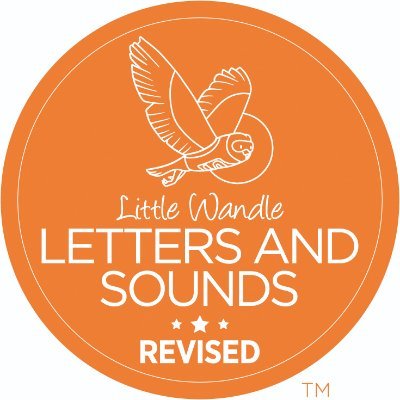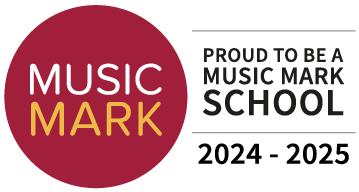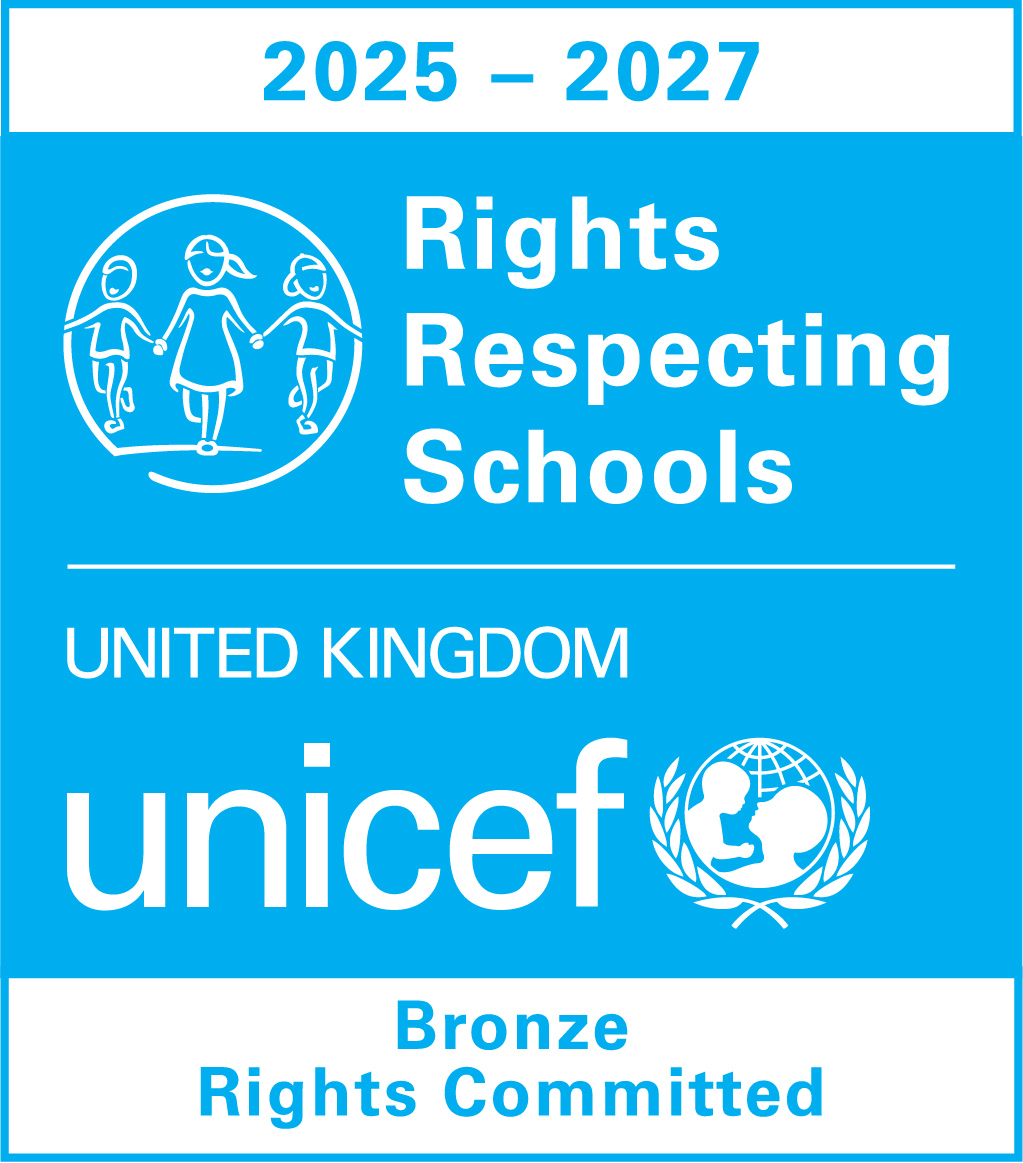.jpg)
Phonics & Early Reading at St Peter’s
At St. Peter’s, we recognise that mastery in phonics is fundamental to children being able to access a broad range of fiction and non-fiction texts across the curriculum now and in later life. We aim to achieve this by teaching phonics systematically with a relentless drive to address the needs of all learners. We therefore use Little Wandle Letters and Sounds Revised (2021) SSP. This is a widely trusted and validated Department for Education complete systematic synthetic phonics (SSP) programme.
Our EYFS and KS1 follow their progression, planning and teaching delivery and methods to ensure our children learn to read as quickly as reasonably possible. This in turn means that children can then use their reading skills to support the rest of their learning. We follow their progression, planning and teaching delivery and methods to ensure our children learn to read as quickly as reasonably possible. This in turn means that children can then use their reading skills to support the rest of their learning.
Little Wandle Letters and Sounds Revised is a complete systematic synthetic phonics programme (SSP). We prioritise the teaching of phonics; we teach phonics daily in Reception and Year 1. It is vitally important that children review and revisit Grapheme Phoneme Correspondences (GPCs) and words, daily, weekly and across terms and years, in order to move this knowledge into the children’s long-term memory. Our consistent approach to phonics ensures that children are given the best possible foundation for reading, writing and language skills.
Children need to learn to read as quickly and reasonably as possible, so that they can move from learning to read, to reading to learn, opening up new worlds and adventures to them. Our expectations of progression are aspirational yet achievable; children who are not keeping up with their peers are given additional practise immediately through keep-up sessions.
On-going assessment of children’s progress takes place and the books children read in school and take home to read are fully decodable and matched to children’s secure phonics knowledge. As well as fully decodable books, children take home a non-decodable book for sharing that can be either read to or with them. These books play an essential role in developing a love of reading and language; an important distinction is that these books are being shared with the children, but they are using fully phonically decodable books to practise their independent reading.
Reading.
At St. Peter’s we want all children to leave us as confident and competent readers who are ready for the next stage of their learning. Our school reading motto of, ‘Teach Reading, Change Lives,’ perfectly encapsulates this. We teach the core reading skills of fluency, cohesion, intonation, vocabulary and comprehension through the Power of Reading, allowing daily whole class and shared reading to take place. The aim of this is to develop our children's love of reading which offers them the opportunity for social mobility and greater improves their future life chances. Our teachers create an environment that promotes reading as a socially engaging activity that is valued and encouraged by all. At the heart of our successful approach to engage and support children to become motivated and independent readers is our use of high-quality texts. We see immersion weeks as crucial when starting a new text as our children need to experience and live the text as they are reading it. Reading a book together, engaging in ‘book talk’ and providing creative activities around the text enhances enjoyment, engagement and reader response. All of these are crucial to improving social mobility for our children and increasing their life chances, as well as decreasing the differences they have with their peers elsewhere.
At St. Peter’s our reading approach allows our children to:
- Read easily, fluently and with good understanding
- Develop the habit of reading widely and often, for both pleasure and information
- Acquire a wide vocabulary
- Develop an understanding of grammar and knowledge of linguistic conventions for reading, writing and spoken language
- Write clearly, accurately and coherently, adapting their language and style in and for a range of contexts, purposes and audiences
- Use discussion in order to learn; they should be able to elaborate and explain clearly their understanding and ideas
- Become competent in the arts of speaking and listening, making formal presentations, demonstrating to others and participating in debate
Early Years Foundation Stage and Key Stage One
We teach the core reading skills of fluency, cohesion, intonation, vocabulary and comprehension through the Power of Reading scheme. Added to this, early reading and comprehension skills are also catered for through the Little Wandle Letters and Sounds Revised programme. Specialised whole class, shared and guided reading sessions are taught in conjunction with our daily phonics sessions three times a week. These allow our children to read texts (that are fully decodable) and then complete tasks based on their understanding of them. These texts are enjoyable, diverse and ambitious and give our children a really strong foundation to start their reading journey from. After each child has taken part in a reading activity, we have special reading journals in which they can complete tasks to show their understanding and comprehension skills. We believe having a consistent phonics programme with added reading sessions, along with reading a core text in our Power of Reading unit, provides the best of both worlds to help foster a love of reading as well as increase our children’s ability to comprehend.
Key Stage Two.
In Key Stage 2 we teach Reading in two different but equally effective ways. We teach the core reading skills of fluency, cohesion, intonation, vocabulary and comprehension through our Power of Reading text where our teachers have a daily whole class, shared or guided reading session with their class. This allows our children to foster their love of reading and to make sure basic skills such as pace and intonation are developed throughout the Key Stage. This is crucial as it teaches our children how to read a book and how to form opinions about the style and substance of the book.
Added to this, we have also developed our own reading scheme, based on the VIPERS scheme from the Literacy Shed. Every day, from 10.45-11.15am, we teach one or two VIPERS skills that allow us to focus in on the core skills of comprehension and embed them throughout the Key Stage. Our children consistently find comprehension difficult, so we build on the reading and writing tasks from the morning’s English lesson and teach a specific skill or skills every day, helping to embed them and increase our children’s confidence. On a Friday, once all of the skills have been taught, we teach a VIPERS session that encompasses all of the skills and ask the children to answer questions. Our children have their answers gone through with them, allowing them to see where they have been successful and where they have not, aiding the learning process. We believe our children need consistency and feel this approach will aid our children. We select high quality texts to base our comprehension tasks on, with a wide array of reading activities taking place in our reading journals throughout the week.
The table below shows which skills we teach and when, giving our children consistency in terms of lessons and quality first teaching.
|
Day and Skill/s. |
Monday Vocabulary
|
Tuesday Inference
|
Wednesday Explain and Summarise
|
Thursday Prediction and Retrieval
|
Friday VIPERS
|
Reading

.jpg)
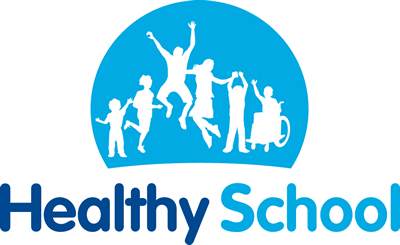
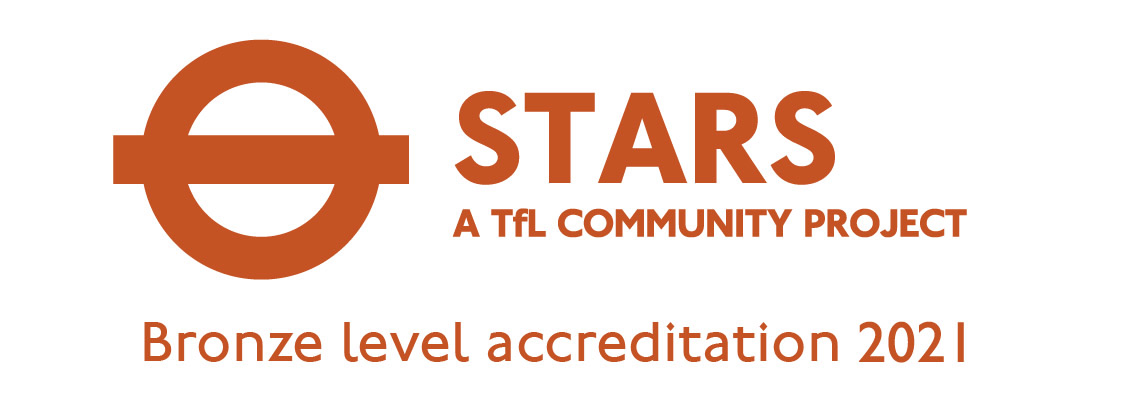
.png)
